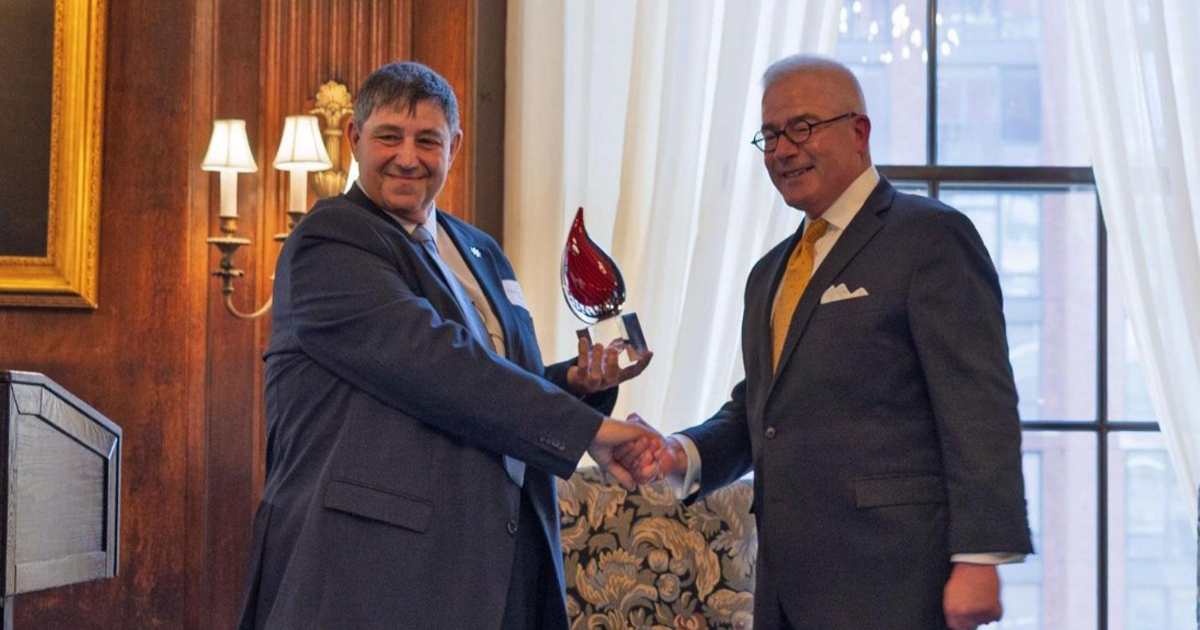A recent survey by MyPerfectResume, titled Generational Attitudes in the Workplace, sheds light on the prevalence of ageism in professional settings.
The study, which surveyed 1,003 American workers aged 40 and above, highlights how age biases impact the confidence, behaviour, and inclusion of older employees in the workplace.
The findings reveal that 99 per cent of respondents believe ageism exists in the workplace, with many reporting stereotypes, subtle pressures to appear younger, and even workplace bullying.
The data illustrates key trends that affect the experiences of older workers:
- Pressure to conceal age: 92 per cent of respondents admitted to feeling compelled to hide their age or minimise their experience to avoid negative perceptions.
- Impact on belonging: 95 per cent reported that age-related stereotypes affected their sense of inclusion at work.
- Workplace bullying: 86 per cent believe older employees are targets for bullying.
- Adapting behaviour: 88 per cent admitted to altering their language or actions to fit in with younger colleagues.
Age discrimination: Still prevalent
The survey underscores the ongoing challenges posed by ageism. When asked if they believed ageism existed in the workplace, 73 per cent of respondents said it “definitely” did, while 26 per cent agreed it existed to some degree. Additionally, 81 per cent of respondents concurred that age stereotypes remain widespread in professional environments.
The pressure to appear youthful and adapt to younger colleagues’ expectations is also notable. The data shows that 69 per cent of respondents occasionally adjusted their behaviour or language, while 19 per cent reported doing so frequently. Only 2 per cent said they never felt the need to change how they acted or spoke.
The emotional toll of ageism
Age-related stereotypes not only impact professional interactions but also take a toll on workers’ emotional well-being. Nearly all respondents (95 per cent) reported that these stereotypes affected their sense of belonging, while 86 per cent felt older employees were more likely to be targeted for workplace bullying.
When asked if they believed older workers were bullying targets:
- 55 per cent somewhat agreed.
- 31 per cent strongly agreed.
The data underscores the need for organisations to address ageism and embrace age diversity as a strength. Older employees bring valuable experience and skills to the workplace, and fostering an inclusive culture can help mitigate the effects of discriminatory behaviours and stereotypes.
Game Lounge’s Maria De Martino nominated for ‘Best Newcomer of the Year’ at Malta iGaming awards
Dr De Martino has been with the company for 7 years.
Start strong: Why the Phoenicia Malta is the ideal setting for your 2026 kick-off meeting
For CEOs and business leaders planning their 2026 strategy, The Phoenicia Malta is the home of team events that launch ...
Volunteers and staff ‘keep national treasure shining bright,’ says Mosta Rotunda Foundation CEO
The Mosta Rotunda Foundation has been awarded the Quality Assured Seal.
MFSA Chairman honoured in New York with IFNY Free Enterprise Award
The award is one of the international insurance sector’s most respected honours.









